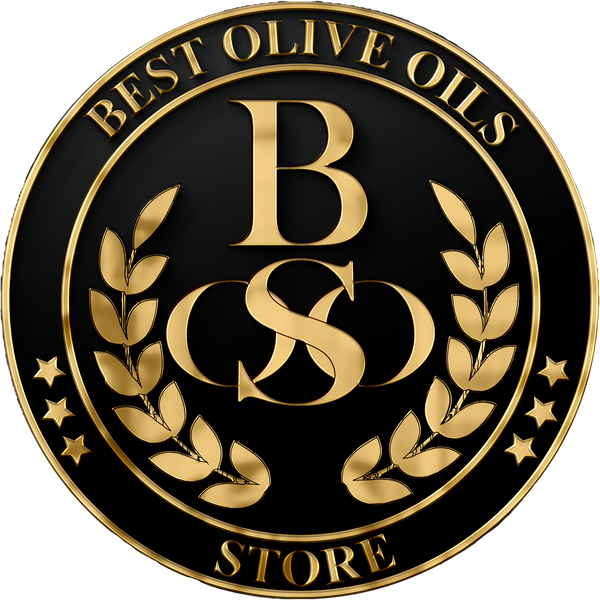Posito

Posito

About us

Cooperativa del Campo Aceitera was created in 1931. It was first constituted as the Farmers' Society of Villarejo de Salvanés. During the first year all the members of the Cooperative contributed their product without receiving anything in return and all together they fought to be able to move the Cooperative forward.
The building in which the Society was established was built in the 18th century during the reign of Carlos IV. It is used as “Posito” (they called the church store that way), that is where the brand of our oil comes from.
Later the building became a theater called "TEATRO JACINTO BENAVENTE" and currently the street where the Cooperative is located bears that name C/ Jacinto Benavente.
Cooperativa del Campo Aceitera was established with the objective, included in its bylaws, of milling the olives of the partners for the subsequent production and sale of virgin olive oil .
It is currently made up of 334 members and a governing council that is made up of the President, Vice President, secretary, treasurer and five members.
The technology used is not the traditional basket system but the so-called " continuous system ".

Learn about our production model
olive unloading
The olive is the raw material of the oil and arrives from the field recently harvested to the reception hopper of our facilities. Subsequently, without being hit in any of the hoppers or belts, it reaches the cleaner; the cleaning is totally mechanical, a strong fan is responsible for separating the leaves and the earth that fall to a trailer and are later used as fertilizer. Following the cleaning process, the olive goes to the washing machine which is responsible for cleaning it by means of a jet of water. Then it goes through some rollers that separate any branch, stone... that could remain


rollers
At the moment that the olive passes to the rollers, a sample of olive is acquired to analyze it and thus obtain yield, acidity, peroxides, etc..., which approximately determines the quality and quantity of oil that we are going to produce.
weigh hoppers
The next step is the weighing of the already clean olive, it goes up a belt to the weighing hopper; Once weighed, it is stored in different hoppers depending on the quality or if it comes from trees or soil. These hoppers have a maximum capacity of 14,000 kilos since the aim is not to crush or hit the olives. The process continues by passing through a second washer to remove any traces of soil that may have remained from the first washer. Then we arrive at the mill and the olives are crushed by means of hammers and sieves, thus obtaining a regular mass that will reach the four-body mixer by means of an auger, in which, as its name indicates, it beats and heats the mass to a temperature not higher than to 32 with a maximum time of 60 minutes.


Four body blender
Once the dough is made, a pump is in charge of passing it to the horizontal centrifuge; This makes a separation by weight of the alperujo and the oil. The alperujo is stored in a warehouse by means of an auger and is sold to produce pomace oil, orujillo for heating, etc. The oil reaches the vertical centrifuge (washes the oil) where oil and water are mixed and, as they have different densities, they are separated. Afterwards, the oil goes to the decanting tanks in which, as its name indicates, they separate the oil from the remains of water, which is eliminated from the bottom by means of a tap. Once the oil has been decanted, it is stored in stainless steel tanks where the oil will remain for approximately 2 months before proceeding to its packaging and sale.
Our products
Monovarietal Oils



There are more than 260 varieties of olive trees in the world and each of them produces a different type of olive, although all are suitable for consumption.
A monovarietal extra virgin olive oil is that extra virgin olive oil that has been made from a single variety of olive, and that therefore preserves the individual peculiarities of each one of them. In this way, within the monovarietal oils we find a whole range of different products, with unique characteristics and nuances that open up a whole universe of different flavors and aromas that we can use in the kitchen. Discovering each of these varieties, comparing their aromas and combining their flavors in the preparation of any dish allows us to give our cuisine a completely different approach.
Among the olives used for the manufacture of extra virgin olive oil, the highest quality olive oil, the Picual, Arbequina and Cornicabra varieties stand out . At Aceites Pósito we have these three varieties of unfiltered monovarietal oil, that is, pure olive juice.
Virgin Olive Oil

The method used for this extraction of virgin olive oil is centrifugation, only mechanical procedures are used, what is done is to crush the olive, beat it and by means of centrifugation separate the different elements due to their different densities.
The olive is harvested in a more advanced state of maturation, normally from January, which makes it a softer virgin olive oil with less fruitiness.
We do not store the fruit, that is to say “we do not attrojamos”, within 24 hours after its collection it is ground and oil is obtained. We always keep the oil in stainless steel tanks.
Extra Virgin Olive Oil

The extraction method is centrifugation as for virgin olive oil. The key to obtaining a quality extra virgin olive oil is to collect the healthy fruit, in its initial state of maturation, and grind it cold with the fresh fruit without storing it. Currently, we bring forward the harvest almost a month, starting it in the middle or end of November, thus managing to extract a superior quality extra virgin olive oil with a high content of polyphenols and a more intense fruitiness. In the case of our monovarietal products, we advance the harvest to the month of October, thus considering it an early harvest. To be considered an extra virgin olive oil, it must meet a series of even stricter requirements than for a virgin olive oil.
contact us
www.aceitesposito.es



